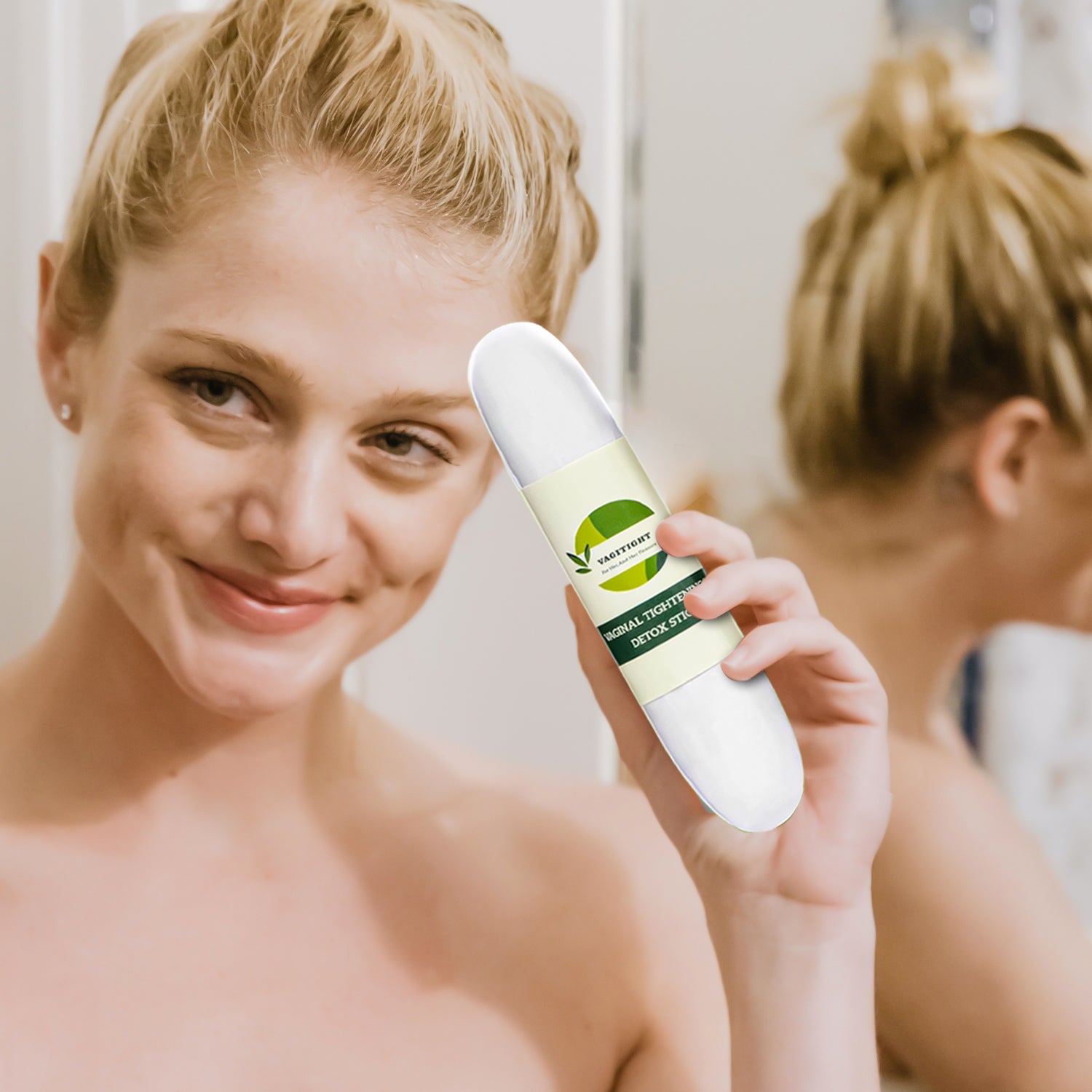“I changed my diet to heal my skin, but I didn’t expect my intimacy to improve too,” says Keira, 41. “Now I feel healthier, tighter, and more in tune with my body.”
Nutrition plays a major role in vaginal health and tightness. Certain foods help build collagen, reduce inflammation, hydrate tissues, and support hormone balance—all naturally.
Want a full list of exercises, tools, and remedies? Don’t miss the Complete Vaginal Tightening Guide.
📚 Quick Navigation
🍓 Why Food Matters for Vaginal Tightness
The vaginal walls are made of smooth muscle, collagen, and connective tissue—just like your skin. A nutrient-dense diet improves elasticity, supports healing, and enhances lubrication from within.
🥗 Top 10 Vaginal-Tightening Foods
- Bone Broth: Rich in natural collagen, supports skin and tissue elasticity.
- Eggs: Packed with protein and nutrients to support muscle repair.
- Avocados: Loaded with healthy fats to keep tissues hydrated and supple.
- Berries: High in antioxidants, reduce inflammation and support healing.
- Sweet Potatoes: Great source of vitamin A, which helps maintain mucosal health.
- Leafy Greens (Spinach, Kale): Rich in magnesium and folate for muscle tone and cellular repair.
- Citrus Fruits: High in vitamin C, essential for collagen production.
- Watermelon: Hydrating and rich in amino acids that enhance blood flow.
- Pumpkin Seeds: Contain zinc and magnesium to support hormone balance.
- Greek Yogurt: Supports a healthy vaginal microbiome with probiotics.
🚫 Foods to Avoid for Vaginal Health
- Refined Sugar: Promotes yeast imbalance and inflammation.
- Alcohol: Dehydrates tissues and disrupts hormone function.
- Fried Foods: Can weaken collagen and increase oxidative stress.
🍽️ Sample Meal Plan for Vaginal Health
- Breakfast: Greek yogurt + berries + pumpkin seeds
- Lunch: Spinach salad with boiled eggs and avocado
- Snack: Citrus smoothie with collagen powder
- Dinner: Grilled salmon, sweet potatoes, steamed kale
- Hydration: 8–10 glasses of water + herbal teas
❓ Frequently Asked Questions
How long before I see benefits?
Most women feel improved hydration and elasticity within 4–6 weeks of dietary changes.
Can food really affect tightness?
Yes. Diet impacts collagen production, circulation, and tissue repair—all essential to vaginal tone.
Should I take supplements?
Whole foods are ideal, but adding collagen peptides or probiotics can boost results.
✅ Final Thoughts
Eating for vaginal health isn’t just about one food—it’s about creating a nourishing, anti-inflammatory diet. Combine smart nutrition with pelvic floor training and natural remedies for the best long-term results.
📘 Explore the Complete Vaginal Tightening Guide
For a full list of home remedies, daily routines, and medical comparisons, visit our main resource:



